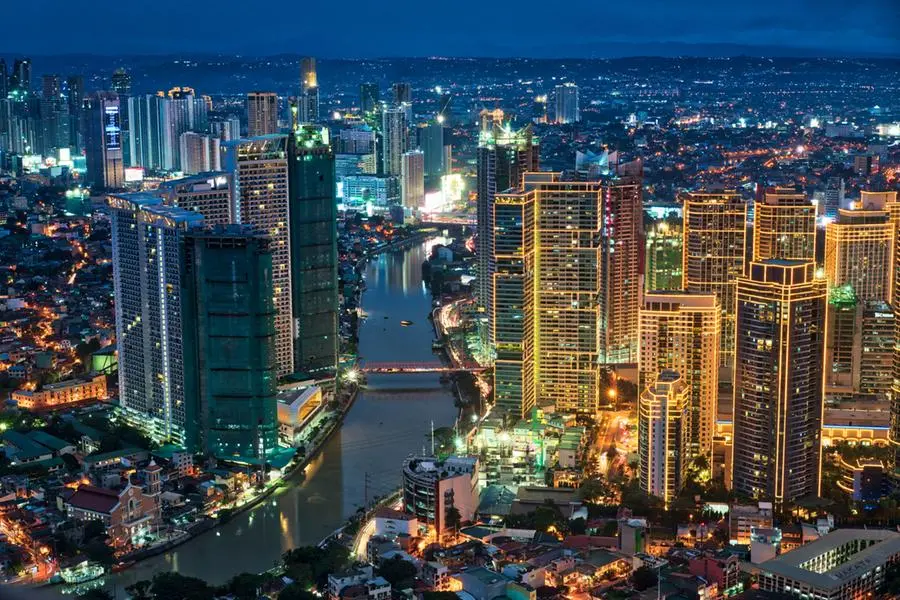PHOTO
Net inflows of foreign direct investments (FDI) reached $499 million in May, the lowest in 16 months and marking the third straight month of contraction, according to the Bangko Sentral ng Pilipinas (BSP).
The latest FDI figure was one percent lower than the $504 million recorded in the same month last year and the lowest since the $478 million recorded in January 2023.
'This decline emanated mainly from the 31.7-percent drop in non-residents' net investments in equity capital (other than reinvestment of earnings),' the BSP said. 'Likewise, reinvestment of earnings decreased marginally.'
Equity other than reinvestment of earnings dropped by 32 percent to $161 million from $235 million a year ago.
Equity infusions from Japan, the United States and Hong Kong went down by 32 percent to $174 million from $257 million. The inflows were channeled into manufacturing (55 percent), real estate (26 percent) as well as arts, entertainment and recreation (six percent).
Equity withdrawals contracted by 37 percent to $14 million from $22 million in the same month last year.
Likewise, total reinvestment of earnings slipped by 3.7 percent to $97 million in May from $101 million a year ago.
Meanwhile, investments in debt instruments consisting mainly of intercompany borrowing between foreign direct investors and their subsidiaries or affiliates in the Philippines surged by 43 percent to $242 million versus last year's $169 million.
Prior to May, net FDI flowing into the Philippines had been declining since February amid global economic uncertainties.
Michael Ricafort, chief economist at Rizal Commercial Banking Corp., said FDI went down in May, a month after the height of risk aversion largely brought about by geopolitical risks, in view of the unprecedented direct attacks between Iran and Israel.
The series of aggressive rate hikes delivered by the US Federal Reserve as well as the BSP to fight inflation also weighed on FDI, as investors expect the rate hikes to result in a global economic slowdown.
Since it started its interest rate liftoff in May 2022, the BSP has hiked its key policy rates by 450 basis points to tame inflation and stabilize the peso. This brought the benchmark rate to a 17-year high of 6.50 percent from an all-time low of two percent.
Despite the decline in May, net FDI inflow for the first five months grew by 15.8 percent to $4.02 billion from $3.48 billion in the same period last year.
Investments in debt instruments inched up by 1.7 percent to $2.5 billion from January to May, while reinvestments of earnings slipped by one percent to $407 million.
Equity other than reinvestment of earnings soared by 81 percent to $1.1 billion as the 75 percent jump in equity placements outpaced the 52 percent rise in withdrawals.
'For the coming months, possible cuts in policy rates later in 2024 and 2025, especially if inflation remains well anchored within the inflation target of central banks, could lead to further pick-up in FDIs eventually,' Ricafort said.
Robust economic growth would also help boost investments in the country, he said.
The BSP expects FDI net inflows to settle at $9.5 billion this year and $10.5 billion in 2025.
Copyright © 2022 PhilSTAR Daily, Inc Provided by SyndiGate Media Inc. (Syndigate.info).





















